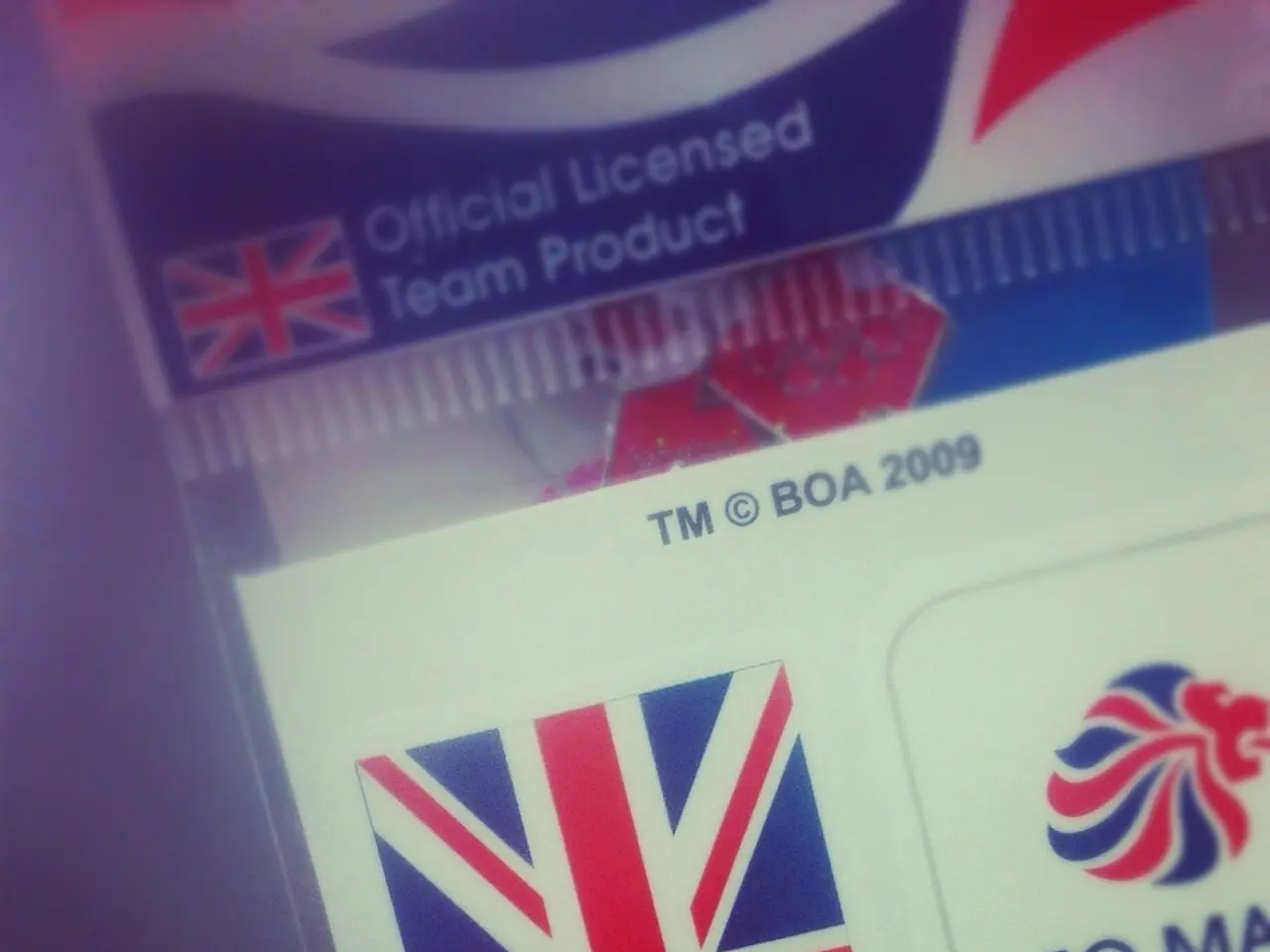Secure communication standard emerges in Europe under the REM certification label
In the realm of Italian businesses operating at a European level, a significant shift is on the horizon - the transition from Certified Electronic Mail (PEC) to Registered Electronic Mail (REM). This transition, primarily driven by updated regulatory requirements and compliance standards, aims to align more closely with broader European frameworks.
Currently, Italian legislation mandates that all CEOs have a personal PEC address, which must be registered with the Italian Company Registry by December 31, 2025. Services like Legalmail Gold offer enhanced security, unlimited certified email sending, and European-compliant features, making them essential for Italian companies, including foreign executives operating in Italy.
The shift to REM signifies a broader harmonization with European standards, as REM typically serves as a mechanism for cross-border electronic communication within the EU, ensuring legally recognized proof of sending and receipt across member states. This transition means Italian businesses need to ensure their communication systems are compliant with both the updated certified mail rules and EU-wide electronic communication regulations, improving interoperability and legal recognition across borders.
To handle the expected increased volume and complexity of electronic correspondence while maintaining compliance, businesses may need to rely on advanced digital tools, potentially including AI-enhanced management of certified mail. This is crucial for maintaining protocol, archiving, and legal accountability.
Moreover, the need for strong identification and two-factor authentication could pose operational difficulties for businesses. However, the adoption of a PEC manager can help overcome these complexities. Intesa, for instance, offers a PEC Manager to simplify the operation of managing multiple mailboxes, which will be adapted for REM mailboxes upon the effective introduction of the obligation. The PEC manager ensures retroactive interoperability between the outgoing PEC channel and the new REM channel, using the OAuth 2.0 protocol for application-to-application authentication.
The transition from PEC to REM will be the responsibility of service providers, and it is expected to occur between the end of 2025 and the beginning of 2026. Businesses must ensure adherence to both Italian and EU regulations to leverage these benefits and avoid sanctions.
In summary, the transition from PEC to REM affects Italian businesses by imposing stricter compliance demands, requiring technological upgrades (including possibly AI tools for efficient mail management), and enabling more seamless, legally recognized electronic communication at the European level. By navigating these changes effectively, Italian businesses can streamline cross-border communication and thrive in the digital age.
[1] Legalmail Gold: https://www.legalmailgold.it/ [2] AI-enhanced management of certified mail: https://www.forbes.com/sites/forbesagencycouncil/2021/03/18/how-ai-can-revolutionize-email-marketing/?sh=53120c9f46c9 [3] OAuth 2.0 protocol: https://oauth.net/2/ [4] Intesa's digital solutions: https://www.intesasanpaolo.com/en/businesses/services/digital-platforms-and-services/digital-solutions-for-businesses.html
- To ensure seamless communication within the European Union and maintain compliance with updated regulations, Italian businesses may opt for AI-enhanced tools for efficient management of certified emails during the transition from PEC to REM. (Referencing AI-enhanced management of certified mail)
- The adoption of strong identification and two-factor authentication procedures, as necessary for the new REM system, could pose operational challenges. However, services like Intesa's PEC Manager can help simplify this process, ensuring interoperability between old and new mail channels. (Referencing PEC Manager)
- The forthcoming transition from PEC to REM, scheduled for the end of 2025 or beginning of 2026, represents a significant shift in data-and-cloud-computing practices as well as compliance standards within the finance and business industries across Europe. (Referencing the industry, finance, business, and data-and-cloud-computing)




